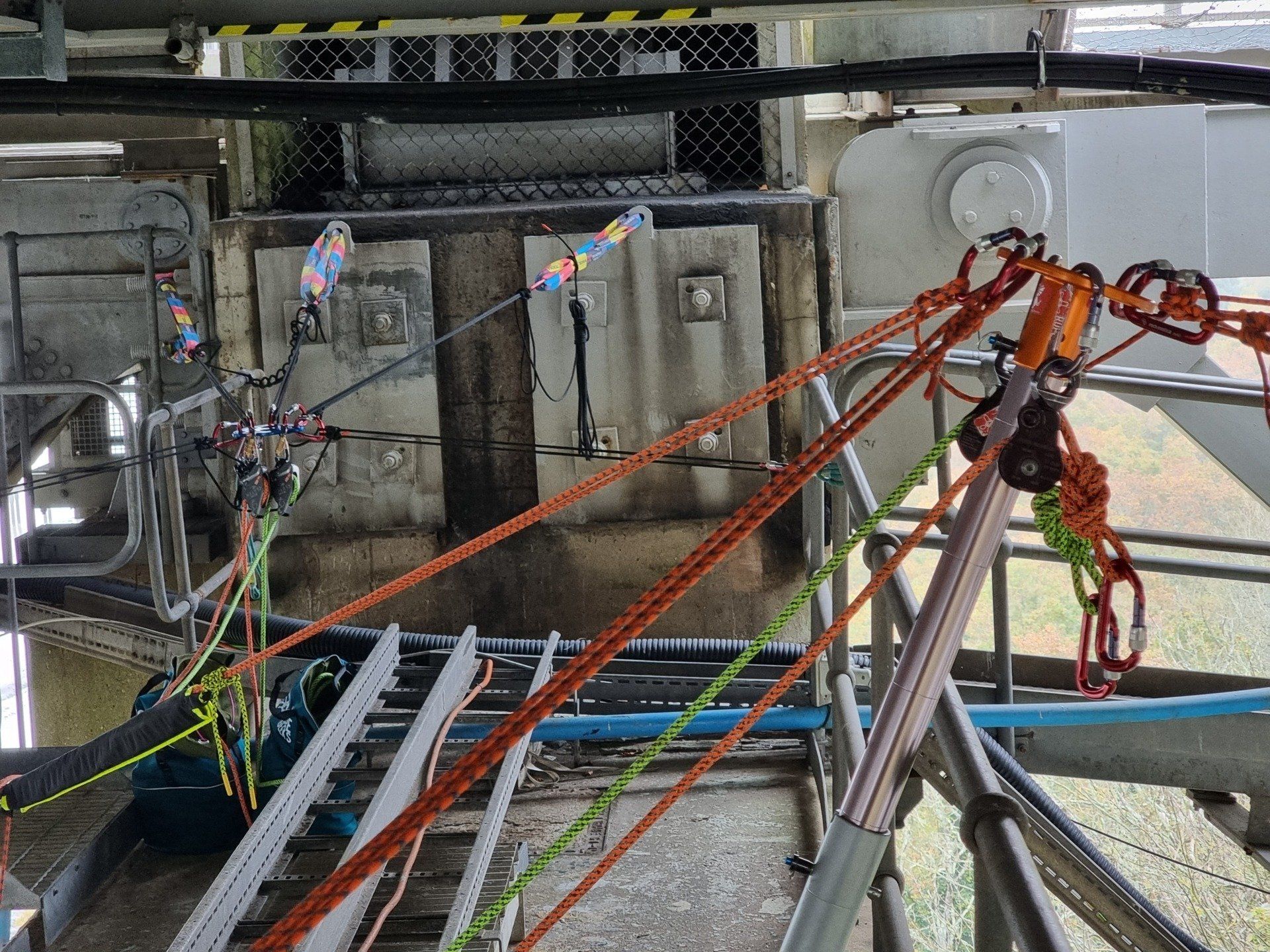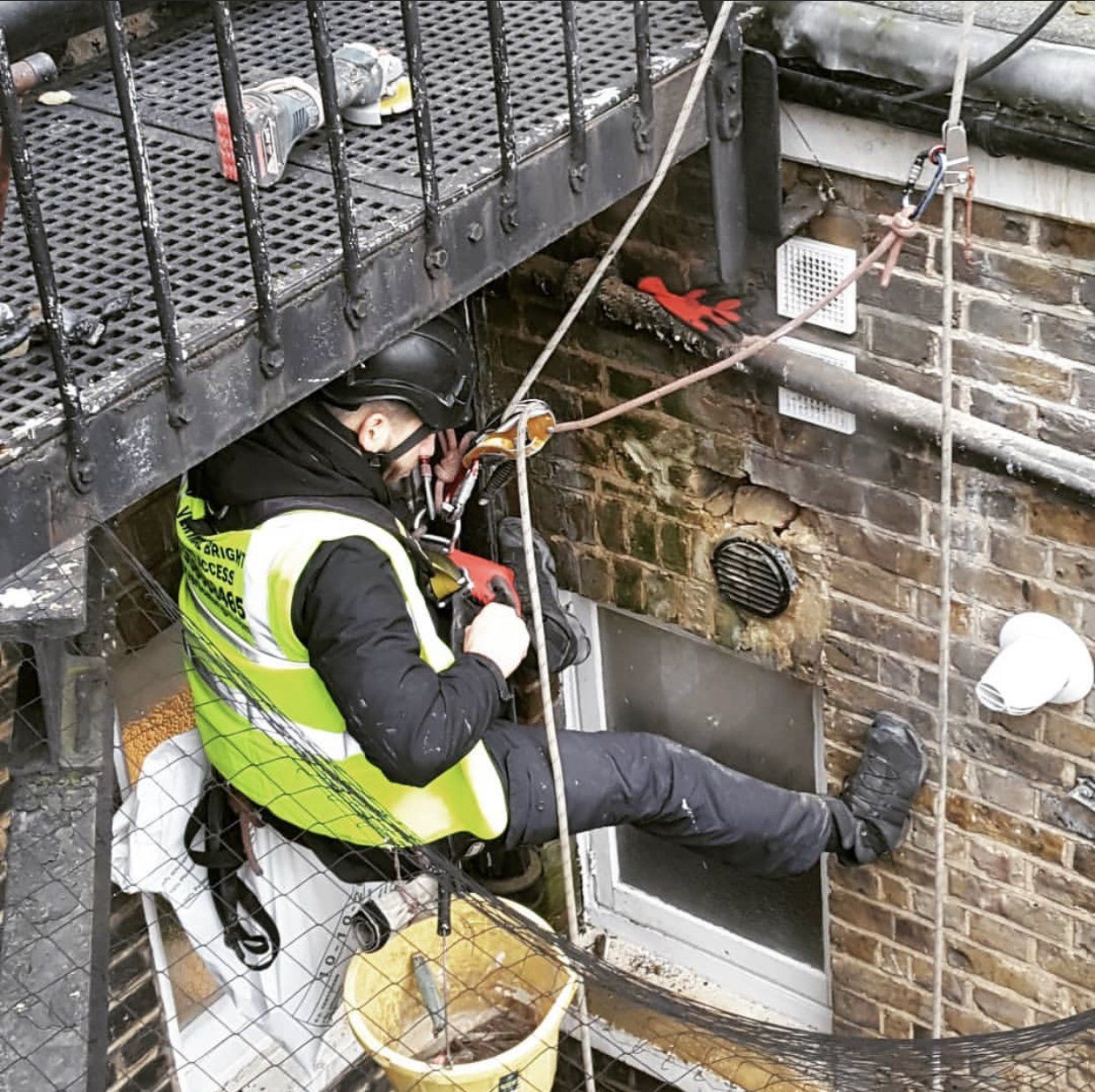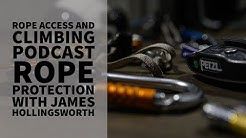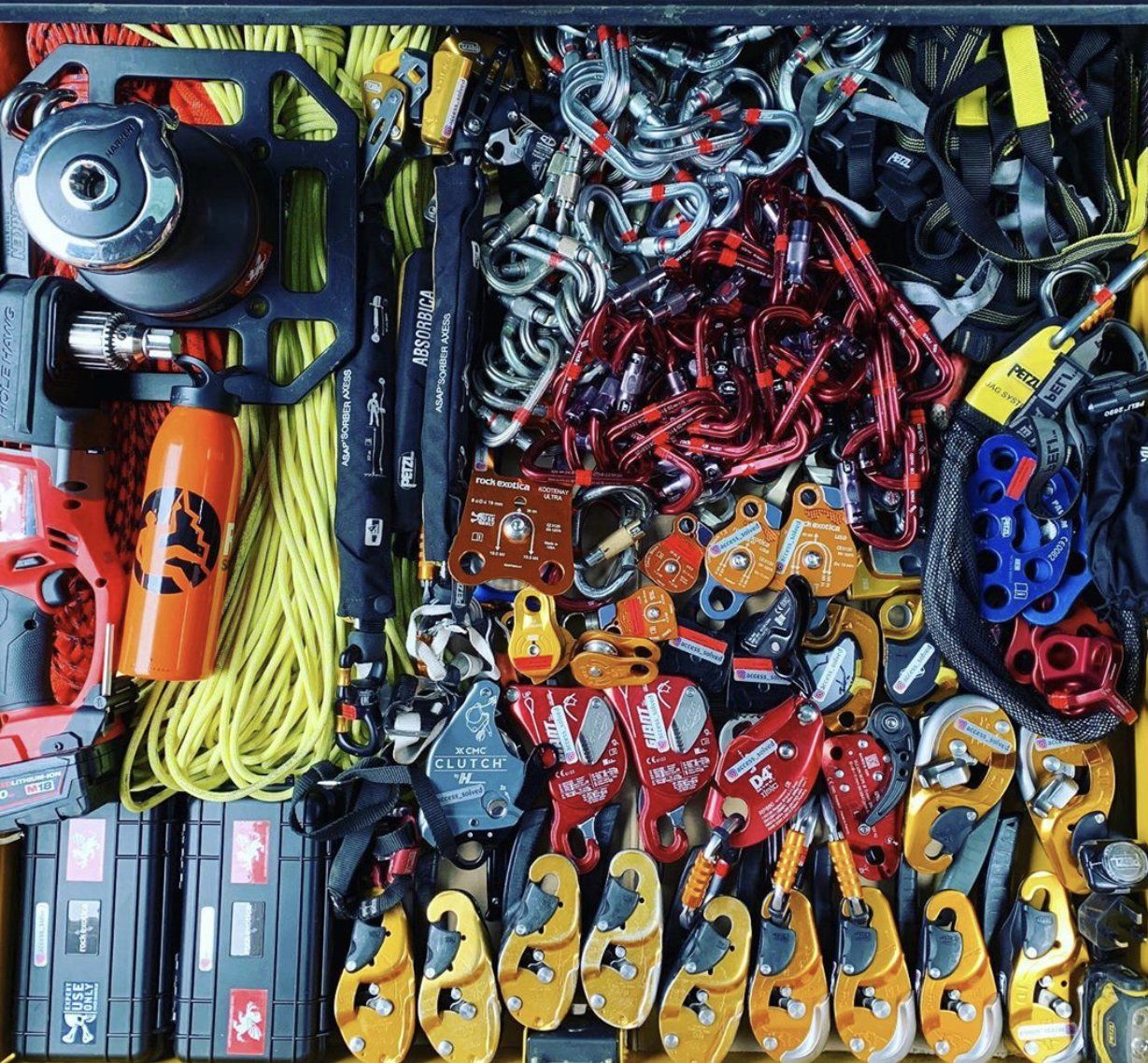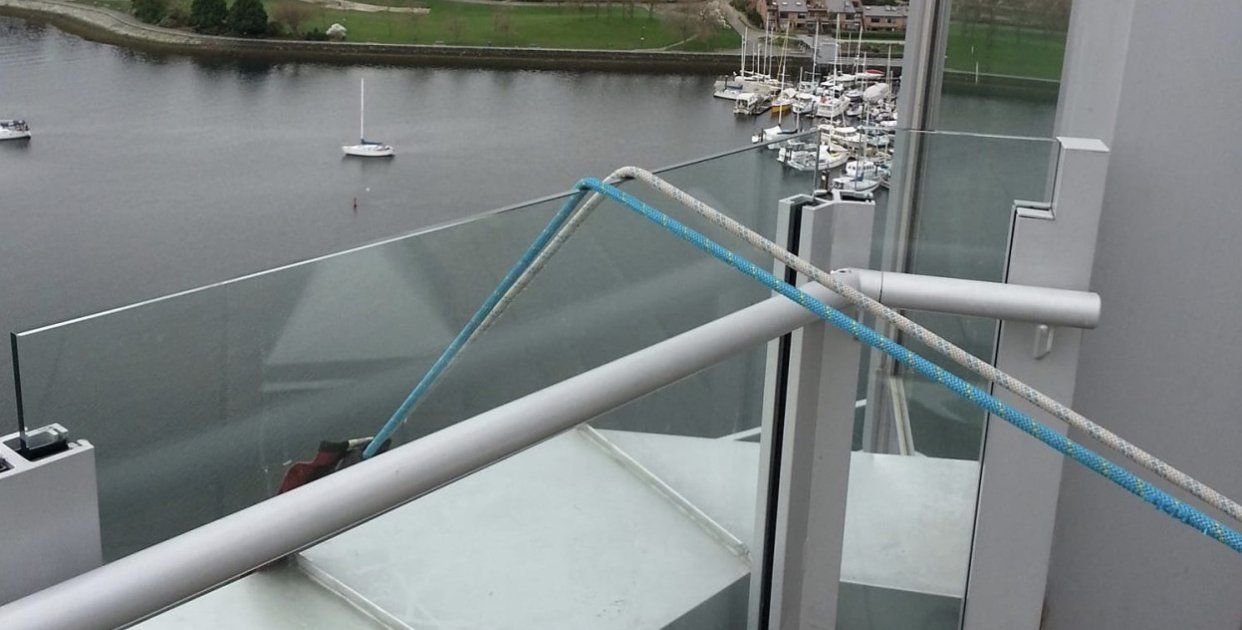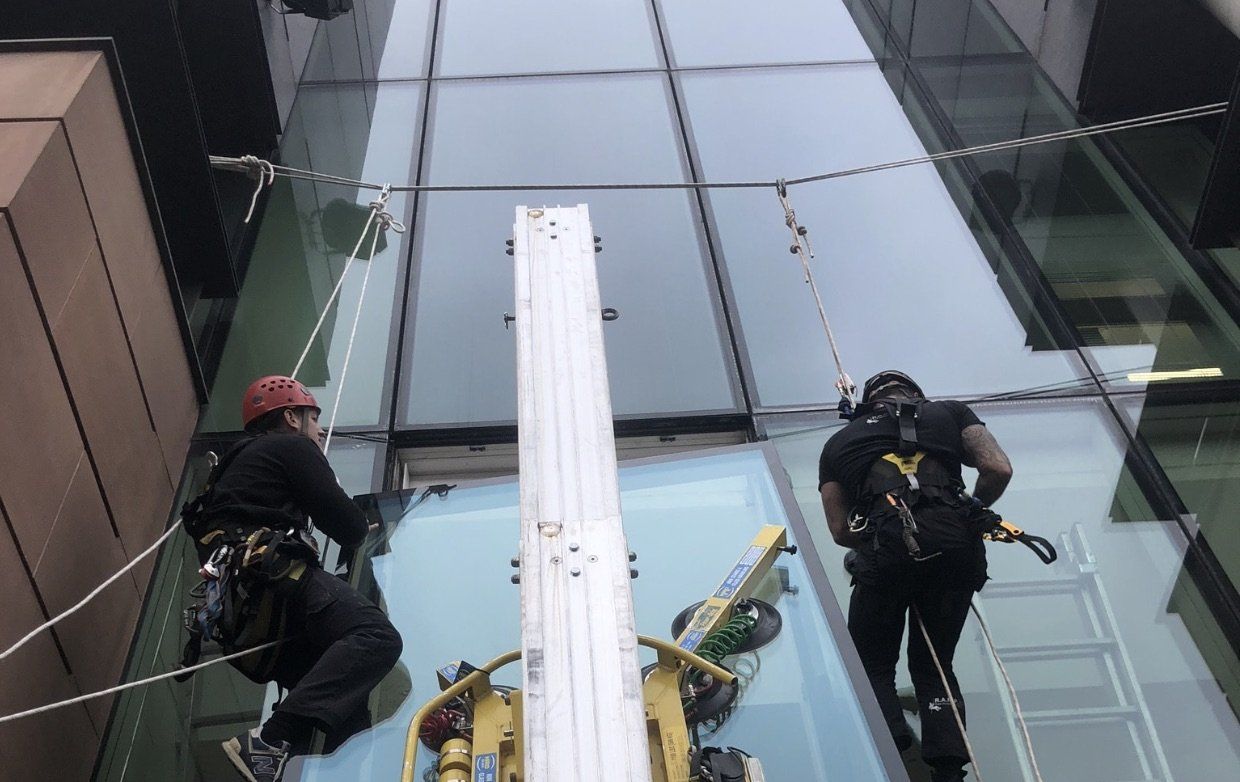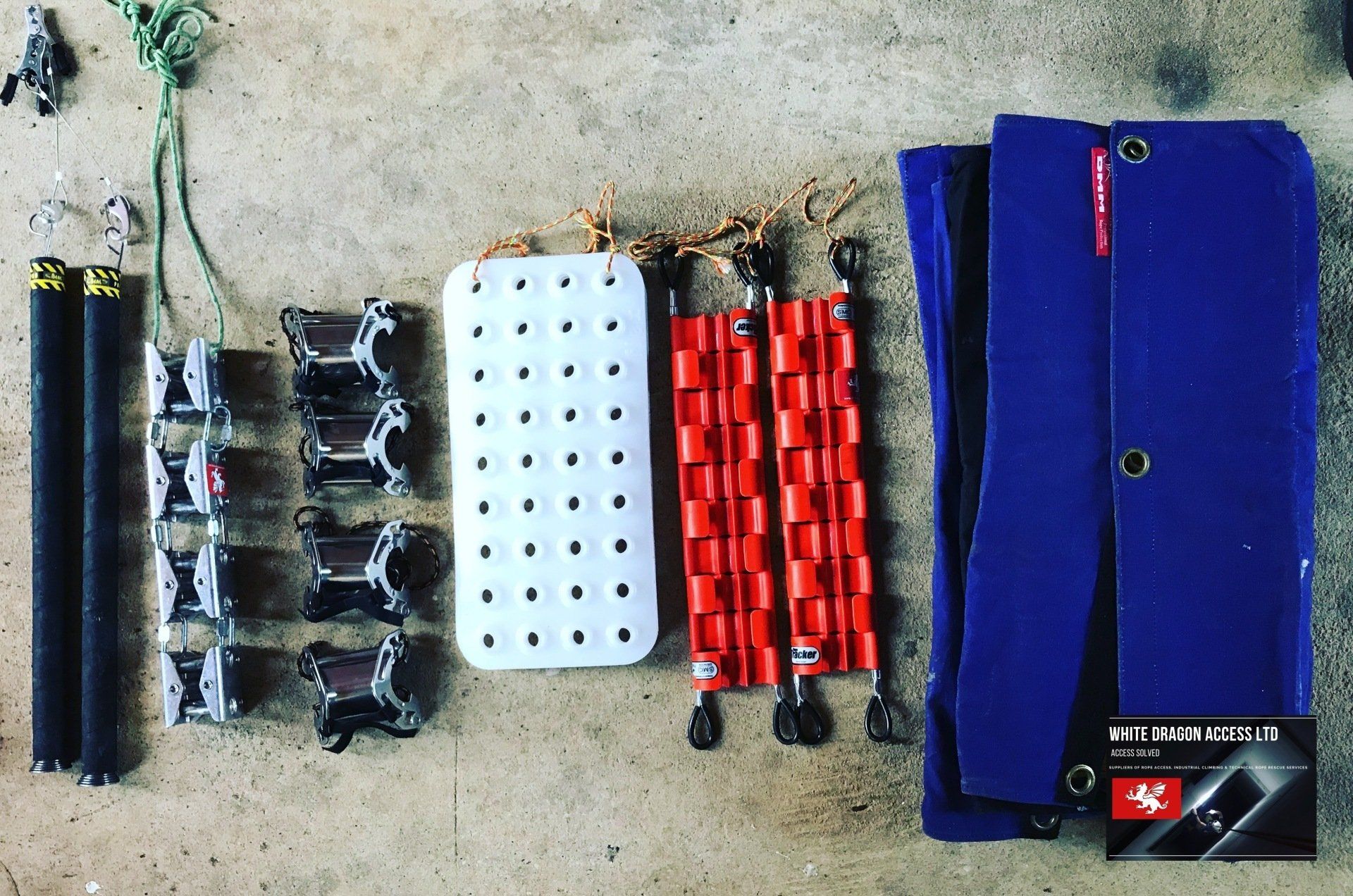
IRATA training cost: Race to the bottom
This is a subtitle for your new post
I recently asked a couple of questions regarding the cost of IRATA training in the UK.
Looking at 24 random IRATA training companies the average cost for a course is £646.16 plus VAT. The lowest being £550.00 plus VAT and the most expensive found at the time was £710.00 plus VAT.
I also looked at the cost from 15 international IRATA training centres, £1003.19 being the average cost. The most expensive being £1523.49 plus tax (USA) and the cheapest being £439.61 plus tax (S.Africa).
It used to be the case that courses in Europe, the Americas and Australasia were more expensive due to the fact that instructors and assessors would have to be brought in mainly from the UK. But these areas now have their own instructors and assessors yet the price is still greater than the UK.
If we look at similar associations and the cost of training:
ITRA level 3 is £1220.00 plus TAX 5 days training 1 day assessment
ISO 22846 £745.00 plus VAT 4 days training 1 day assessment
R3 Rope Rescue operator £950.00 plus VAT 5 days
Sprat £1220.00 5 days training 1 day assessment
Italian Rope Access module B £880.00 plus TAX 4 days training 1 day theory
FISAT £1047.00 plus TAX 4 day training 1 day assessment
SOFT £2400.00 to £2900.00 7 days training 1 day assessment
Is the UK cost of training a contributing factor to the problems we find within the industry?
Some seem quite happy with the current cost of training and state of the industry, stating courses are expensive enough as they are. If we take the average cost of £646.16 that works out as £215.00 plus VAT a year or £17.94 a month.
So what are the problems in the industry?
There is a worrying cerebration that there is no problem, in my opinion there are a number.
There is a definite lack of knowledge at all levels, Im not saying people need to know all the below off by heart, but they need to be aware that they exist at least!
- Work at Height Regulations 2005
- IRATA code of practice and the Training,Assessment & Certification Scheme
- Provision and Use of Work Equipment Regulations 1998 (PUWER)
- Lifting Operations and Lifting Equipment Regulations 1998
- Management of Health and Safety at Work Regulations 1999
- Health and Safety at Work etc Act 1974
- ISO 22846 Parts 1 & 2 :2012 Personal equipment for protection against falls — Rope access systems
The recently released Work & Safety Analysis Report 2022 stated:
"At the individual level, and applicable to all grades, ‘Lapse of Concentration’, taken together with ‘Lack of experience’ and ‘Failure to follow rules’ continued to be a major concern and were important factors in 14 injuries, five being serious and also possibly, at least two fatalities. "
Part of the current TACS for Level 3s "6.2.3.2.2 Level 3 candidates shall demonstrate understanding of the risk assessment process, and shall be capable of identifying hazards that may affect rope access activities ".
This needs to be covered in far more detail than it currently is, It is glossed over far too quickly or squeezed in when watching the IRATA video (https://irata.org/media/videos/safety-awareness-video-edge-and-rope-management)
To be fair the TACS does state that "In-depth training for risk assessment is not within the scope of the document".
Poor protection of ropes is still endemic. With the canvas rope protectors still being used widely. Even the manufacturer states that it "Provides limited protection to non-moving ropes from light abrasion"
It is not for 90 degree edges! Yet we still see it.
What I can't understand is some of these non professionals choose to by a Petzl Asap Lock (£275.00 with axess absorber) yet won't spend £65.00 on a DMM rope pad.
If you have read any of the other articles/blogs you will know I talk about the four words
Negligence - Incompetence - Ineptitude - Ignorance
I was reading an article the other day and there was a quote that i feel fits quite well,
"A mistake repeated more than once is a choice"
How do we change this train of thought? Can better/longer training break this thought process?
"We offer courses that are 5 days training 6th day assessment for £1300. We've found the level of competency has increased, our instructors are on a better salary, we have more than enough gear and quality selection of that and a customed facility". (Wesley Chadwick Irata Assessor & Owner at Technical Access Group Inc.)
So what would raising the cost of the training do?
Raising the cost of training I believe would have a multitude of positive effects.
- Ability to invest & improve training centres, This may come in many forms from additional steel work, additional equipment etc
- Attract Level 3's into instructing and have the available funds for trainee instructors. Have a mentorship scheme for trainee instructors.
- Additional time for training and theory for Level 3's in hazard identification, risk assessment, legal duties
- Ability to allow for separate course for each level. So a Level 1 course, Level 2 course and a Level 3 course, thus allowing the instructor to give full attention to the needs of the participants.
- Raise the rate of pay, Who doesn't want to earn a better wage?
Possible other improvements
- Level 3's to complete an assistant period (apprenticeship) of a minimum of 1 year before being assessed as a Safety Supervisor.
- Once Safety Supervisor status gained attendance of safety supervisor seminar/CPD annually to keep current.
- Auditing of assessors (weed out Passing Pete and Blind Barry!)
- Minimum age to become a Level 3 set to 22 years old, Or mandatory 3 years at level 1 and 3 years at level 2 to be accrued before Level 3 course.
- Health/medical/fit to work certificate must be present at start of course
- Remove the Satisfactory, Good, Very good, Excellent pass options. A more stringent assessment where it is Pass or Fail.
- Lengthen the course length, minimum 40 hours training - 5 days training and 1 day assessment 1 day theory exam. (7 days in total)
- Update to the TACS - Remove out of date rescue techniques ie hang n haul. Introduce more team tasks ie utilising a checklist or job planning form, identify hazards, anchor points to be used, team size required, rescue etc
- Stand alone training centres specialising in Rope Access. Not just a corner of unit with a few ropes hung up.
"IRATA training has always been underpriced in the UK. Once you step out of the UK most providers are charging approximately £1200 give or take which is where it should be". (Michael Brushneen IRATA Instructor and Assessor)
Talking to a few trainers and training company owners, they said that 20 years ago the cost of training was being debated. It should've been £1000.00 back then one stated.
At the end of the day we should be demanding quality training, and with that comes a cost.
If you have any comments, questions or recommendations then please feel free to comment or message.
Have a great Christmas!
"Theres no shame in accepting failures, the failure comes from not acting upon them".
